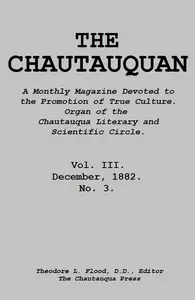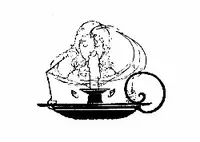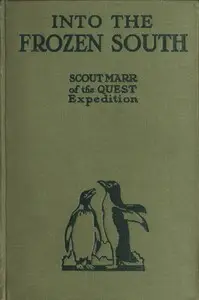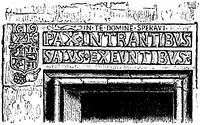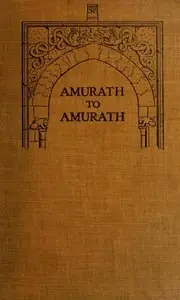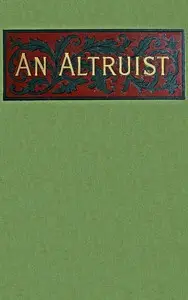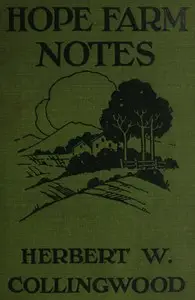"The Greatest Plague of Life: or, The Adventures of a Lady in Search of a Good Servant" is a novel likely written in the mid-19th century. The narrative follows the life of a woman, referred to as Caroline, who is plagued by the difficulties of managing servants in her household. Her experiences serve as a commentary on domestic life and the challenges faced by women in that era. At the start of the book, the narrator introduces herself and her plight, detailing the stress and turmoil caused by ungrateful and incompetent servants during her marriage. After a series of unfortunate events that lead her family to seek solace in a boarding house, she decides to compile her experiences into a guide for young wives entering domestic life, hoping to prevent them from suffering as she has. The beginning vividly conveys her frustrations and aspirations, establishing a humorous yet poignant tone that sets the stage for her ensuing adventures. (This is an automatically generated summary.)
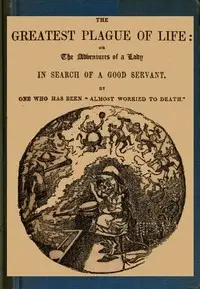
The Greatest Plague of Life: or, the Adventures of a Lady in Search of a Good Servant.
By Augustus Mayhew
"The Greatest Plague of Life: or, The Adventures of a Lady in Search of a Good Servant" is a novel likely written in the mid-19th century. The narrati...
Augustus Septimus Mayhew was an English journalist and author, born in London. He wrote in collaboration with his brother Henry such works as The Greatest Plague of Life, or the Adventures of a Lady in Search of a Good Servant, and he joined H. S. Edwards in the production of such farces as The Goose and the Golden Eggs ; Christmas Boxes ; The Four Cousins. From 1848 to 1850 he edited The Comic Almanac, to which he had been a contributor since 1845, and his individual productions include Paved with Gold, or the Romance and Reality of the London Streets (1857) and Faces for Fortunes.


